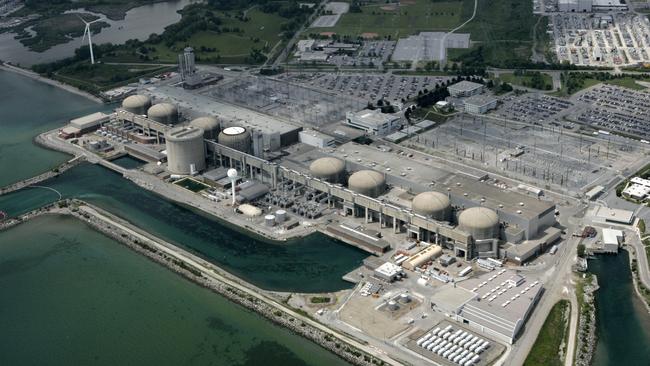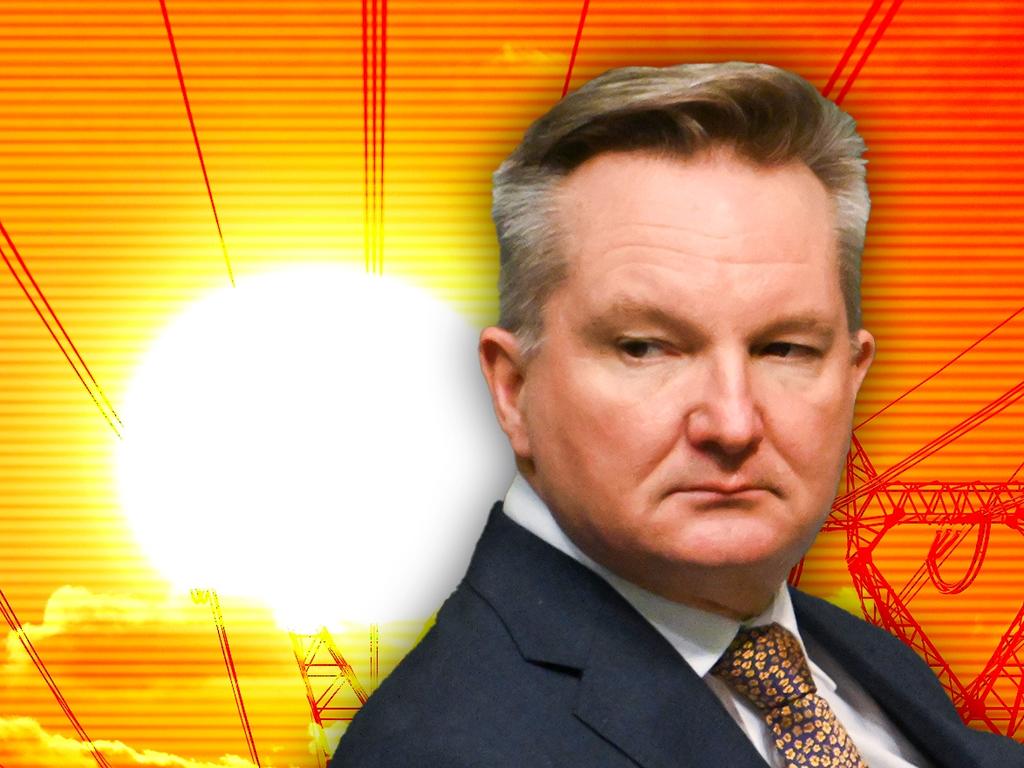From fantasy to reality: How Peter Dutton will make his nuclear plans come true and challenge Labor


On the numbers, the Albanese government will now find this difficult to contest.
Labor has failed in its attempt to dispute the modelling that found its renewables-only plan would cost more than $600bn.
In fact, it offered no contest. So let’s assume it’s correct.
Ipso facto, it can hardly now argue against the same modelling that has found that a nuclear-firmed renewables future as proposed by the Coalition will cost about half that.
There is also the climate cusp. Under Dutton’s modelling, the Coalition’s fossil fuel trajectory in the end is lower than Labor’s.
Who would have thought?
What is now abundantly clear is that Australians need to understand the cost of what is trying to be achieved here.
In a cost-of-living crisis, this debate takes on a new hue. The numbers are staggering, whatever option is being presented.
Dutton is offering a transition option that will save taxpayers $10bn a year.
But is it deliverable?
And this is now the novel debate that is emerging in the new climate wars.
Both sides have abandoned the primary purpose, rhetorically speaking.
It is no longer a dispute between the left and the right over climate change.
It is now an economic war. An ideological contest over how to get to where most people now accept is desirable.
The 2050 ambition in itself was always a farcical notion. It misses the point of the debate upon which it was founded. But there are now real political risks, as well as energy market risks, on both sides of the political equation, with both having succumbed to a political trigger point in the Australian context.
Australia is now a country that has failed to transition from one of its economic strengths, cheap energy, to a nation encumbered by its now high cost of doing business.
What was once an advantage has now become an economic drag.
Dutton’s nuclear plan has been given economic credibility in the Frontier Economics report. The international experience gives weight to its efficacy.
But the political contest in Australia is one without precedent.
Times have changed. And how Labor responds is now critical to its own electability.
Climate Change and Energy Minister Chris Bowen continues to be a weak chink in Labor’s armour in this debate.
Labor’s plan has been discredited. Not only because of its ambition but because of its failure to deliver.
Reduced to a fundamental argument, this is now a contest not over climate targets but a debate about a rewriting of a dubious Australian compact over a civil nuclear industry.
This is a worthy debate. But it also completely misses the point of the original argument and ambition about what is trying to be achieved.
Labor’s dogmatic approach and its obsession with targets now risks undermining its global assignment. It has underestimated the domestic objections to the impositions.
The guarantee of energy security and pricing must be central to an electoral acceptance of change.
Labor has failed to make the case that its policy prescription is deliverable on either front.
For Dutton, the risk is the believability that it can deliver a nuclear option. It’s not necessarily a case of opposition to the idea, it scepticism about its deliverability.
Dutton will present a credible and contestable alternative to Labor’s plan. This will become a central theme of the election debate.
The question is whether either side is truly addressing the central thesis of the problem they are purporting to resolve.





Peter Dutton will today seek to turn a nuclear fantasy into an economic an energy reality.